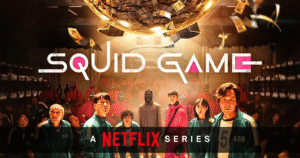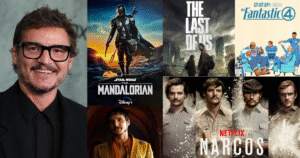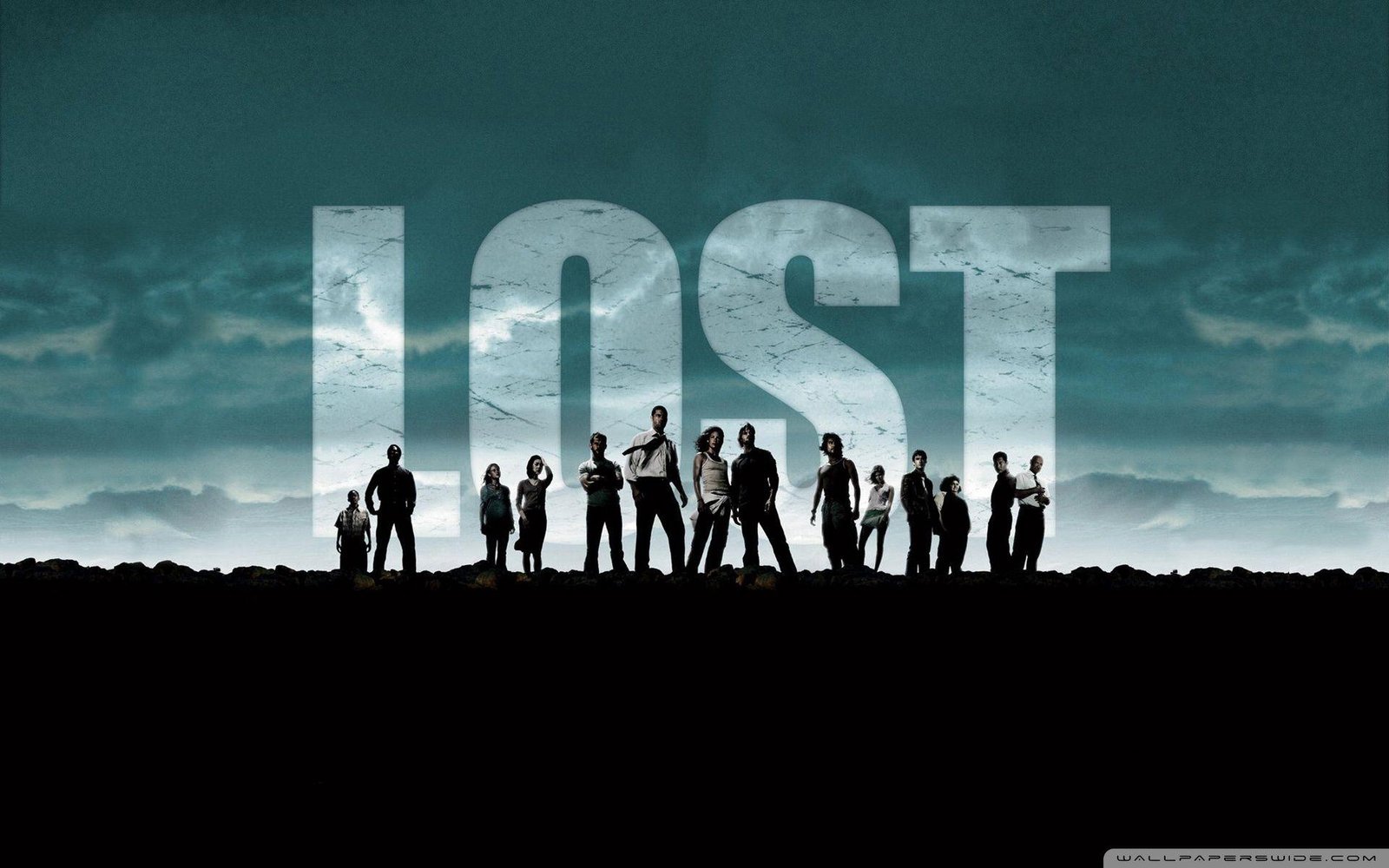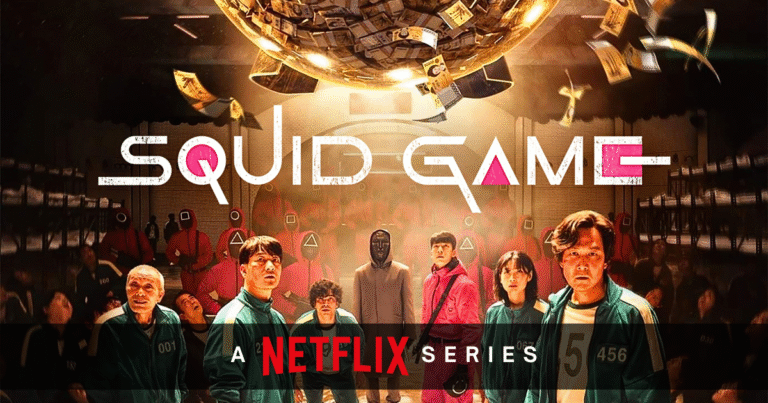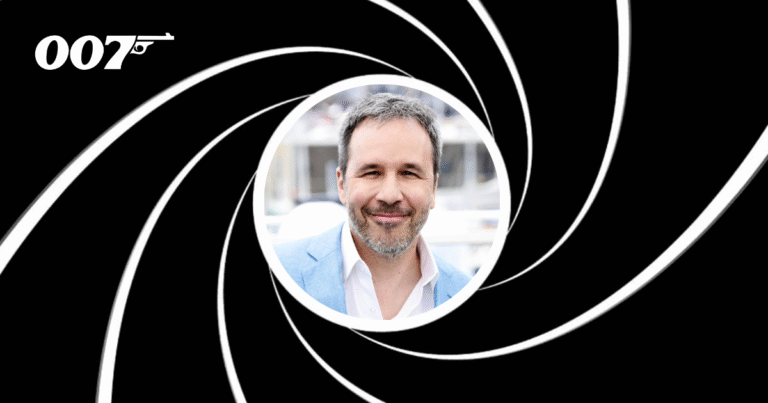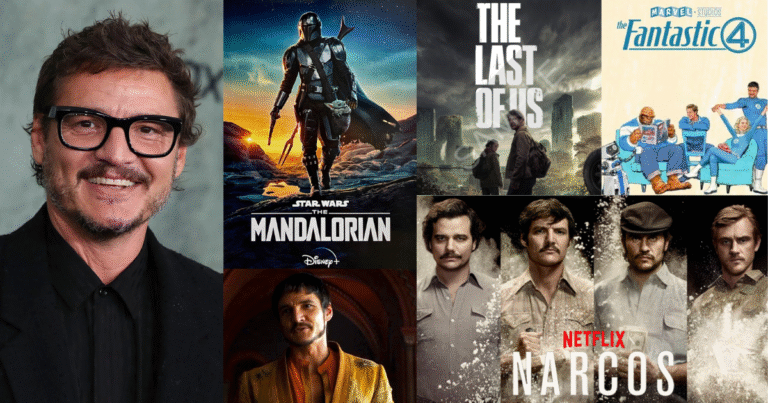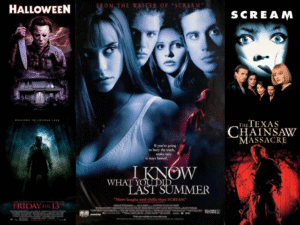When LOST first aired in 2004, it felt like something we had never seen before. A plane crash, a mysterious island, a group of survivors with layered pasts, and secrets buried deep beneath the sand. It wasn’t just a show; it became a cultural phenomenon. Two decades later, fans still talk about LOST, debate its ending, and recommend it to new viewers. But what made LOST so special? And why does it still matter?
In this article, we dive into why LOST is one of the most influential TV shows of all time. Whether you’re a longtime fan or new to the series, here’s why this groundbreaking drama deserves your attention, even in the age of endless streaming options.
The Plot That Hooked the World
LOST began with a gripping premise: Oceanic Flight 815 crashes on a remote island, and the survivors must work together to stay alive. But the show quickly evolved into something far more complex. The island wasn’t just a setting, it was a character of its own. With polar bears in the jungle, whispers in the forest, and a strange underground hatch, LOST pulled viewers into a world where anything could happen.
The series combined elements of mystery, sci-fi, drama, romance, and even philosophy. Its storylines jumped between past, present, and future. This non-linear storytelling was risky, but it worked. Viewers weren’t just watching a show, they were solving a puzzle. And that sense of mystery became addictive.
Characters You Couldn’t Forget
One of the biggest strengths of LOST was its characters. Jack, Kate, Sawyer, Locke, Sayid, Hurley, the list goes on. Each had a rich backstory that unfolded over time. Flashbacks showed who they were before the crash. Flash-forwards and flash-sideways later revealed who they became.
What made the show stand out was that everyone had flaws. Jack was the reluctant hero. Locke was obsessed with destiny. Sawyer was a con man with a wounded heart. Hurley was funny but haunted. The characters weren’t perfect, but they were deeply human. That made it easy to connect with them, even when they made mistakes.
Big Questions, Bigger Themes
LOST was never just about survival. It asked big questions: Is our fate already written, or do we shape it ourselves? Can we ever escape our past? What does it mean to have faith?
These themes gave the show depth. It wasn’t afraid to be philosophical. It drew from religion, mythology, science, and literature. The island served as a kind of spiritual battleground, testing each character’s beliefs, courage, and sense of purpose.
This kind of thematic ambition wasn’t common in mainstream TV at the time. It paved the way for more thought-provoking shows like Westworld, Dark, and The Leftovers (which also had LOST co-creator Damon Lindelof behind it).
A Fanbase Like No Other
LOST created one of the first major online fandoms. Viewers gathered on forums, blogs, and early social media platforms to share theories and break down every detail. The show invited this kind of deep engagement. Easter eggs, coded messages, and hidden clues were everywhere.
This fan interaction became part of the LOST experience. Each new episode sparked conversations and speculation. People weren’t just watching, they were participating. It turned the show into a weekly event, long before the era of binge-watching.
The Controversial Ending
Of course, we can’t talk about LOST without mentioning the ending. The series finale, which aired in 2010, divided fans. Some felt it was emotional and satisfying. Others thought it left too many questions unanswered.
What’s important is that the ending sparked conversation, and it still does. Love it or hate it, the final moments of LOST were unforgettable. They reminded viewers that, at its core, this wasn’t just a story about mysteries. It was a story about people, connection, and letting go.
Its Legacy Lives On
LOST changed television. It showed that audiences were ready for complex storytelling, large ensemble casts, and long-term narrative arcs. Shows like Breaking Bad, Stranger Things, Game of Thrones, and Yellowjackets owe a debt to the path LOST paved.
It also proved that TV could be cinematic. With its Hawaii locations, sweeping music by Michael Giacchino, and ambitious direction, LOST blurred the line between television and film.
Even today, many writers and showrunners cite LOST as a major influence. Its impact can be felt across genres and platforms.
Should You Rewatch LOST in 2025?
Absolutely. If you’ve never seen LOST, now’s the time. And if you watched it back in the day, it’s worth a rewatch. With the benefit of hindsight, and the ability to binge, it holds up remarkably well. You’ll pick up on details you missed before. You might even appreciate the ending more than you did the first time around.
The beauty of LOST is that it wasn’t just about finding answers. It was about the journey, the relationships, the questions, and the moments that took your breath away.
Final Thoughts
In a world full of content, LOST still stands out. It dared to take risks. It trusted its audience. And it delivered some of the most iconic moments in TV history.
Whether you’re drawn to mysteries, character-driven drama, or big ideas, LOST has something for you. It’s not a perfect show, but it was never trying to be. It was trying to be memorable. And in that, it succeeded.
